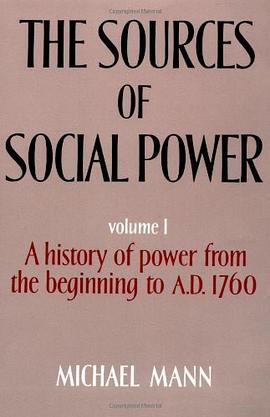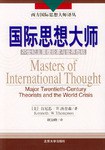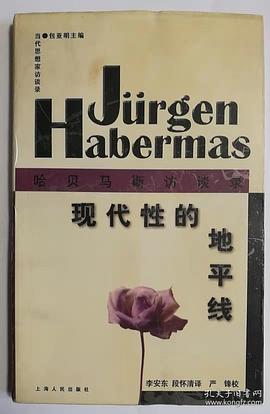The Sources of Social Power
内容简介
This is the first part of a three-volume work on the nature of power in human societies. In it, Michael Mann identifies the four principal 'sources' of power as being control over economic, ideological, military, and political resources. He examines the interrelations between these in a narrative history of power from Neolithic times, through ancient Near Eastern civilisations, the classical Mediterranean age, and medieval Europe, up to just before the Industrial Revolution in England. Rejecting the conventional monolithic concept of a 'society', Dr. Mann's model is instead one of a series of overlapping, intersecting power networks. He makes this model operational by focusing on the logistics of power - how the flow of information, manpower, and goods is controlled over social and geographical space-thereby clarifying many of the 'great debates' in sociological theory. The present volume offers explanations of the emergence of the state and social stratification.
......(更多)
作者简介
迈克尔·曼(Michael Mann),牛津大学社会学博士,美国加利福尼亚大学洛杉矶分校社会学系教授。主要著作有:《社会权力的来源》(第一卷、第二卷)、《不连贯的帝国》、《法西斯主义者》、《民主的阴暗面》。
......(更多)
目录
......(更多)
读书文摘
我的探讨可以概括成两个陈述,由此而生成特有的方法论。1、社会是由多重交叠和交错的社会空间的权力网络构成的。2、社会中“决定性的”,即社会权力的四个来源是:意识形态的、经济的、军事的和政治的(IEMP)。这四个来源是①交叠的社会互动网络,而不是单一社会整体的维度、层次或要素;②它们也是达到人类目标的组织、制度手段。
社会的分层乃是权力在社会中全面的发生和分布。它之所以是社会的中心结构,是因为在它的集体性和个体性的双重方面,它都是人类据以在社会中实现其目标的手段。
......(更多)






